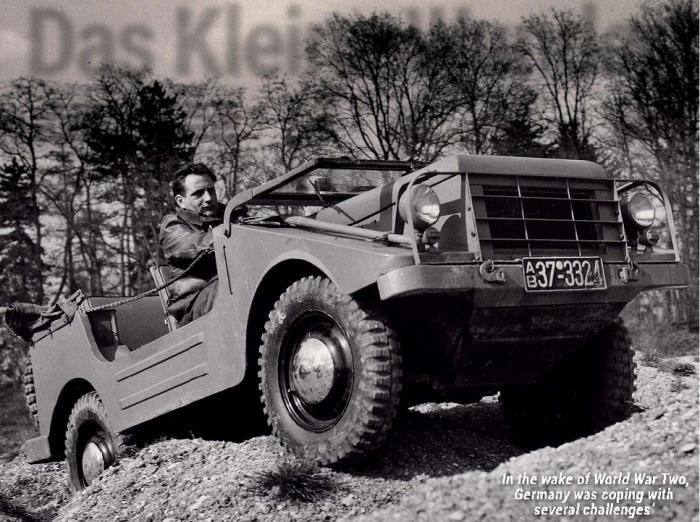Features
With modern styling and a trusted twostroke engine, the Auto Union DKW Munga was Germany’s post-war successor to the motorcycle combination and Kűbelwagen

pictures Louise Limb and archive
Unlikely as it sounds, in the late 1950s and early 1960s, a two-stroke 980cc engine powered Germany’s answer to the Land Rover. The modern-styled ‘Munga’, produced by Auto Union under its DKW brand took its name from an acronym; ‘Mehrzweck UNiversal Gelȁndwagen mit Allradantrieb’, which translates as ‘multi-purpose universal utility vehicle with all-wheel drive’.
